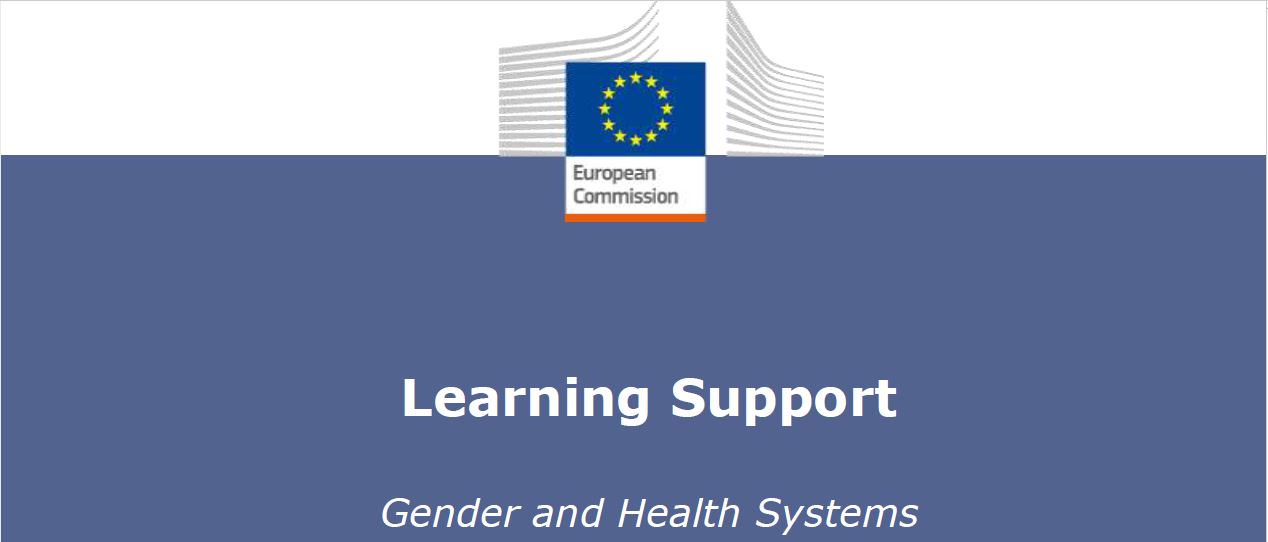
Learning Support Tool on Gender and Health Systems
Gender analysis is critical to building more responsive health systems and promoting universal health coverage, and achieving the Sustainable Development Goal targets for health will be dependent on progress towards Sustainable Development Goal 5, committing countries to achieve gender equity.
As part of the EU’s second Gender Action Plan 2016-2020 (GAPII), ReBUILD and RinGs were invited by the EU DEVCO B4 team to work with EC health staff in delegations to improve the considerations of gender in their HSS work.
Following an initial workshop and case study development, a learning support tool was developed, designed to complement current EC resources on gender. The objective of this is to help EC delegates to consider a range of gender sensitive health responses to operationalise within their complex portfolios of health systems strengthening projects. This resource is now openly available on the EU website.
The resource defines key gender concepts and links to relevant open access tools, resources and frameworks which can be applied to support gender analysis in different contexts and across different health systems issues. It is supported by case studies, which explore how gender influences rates of risk exposure to common drivers of ill-health, patterns of health-care seeking for women and men, analysing and assessing the implications for health systems and global health institutions.